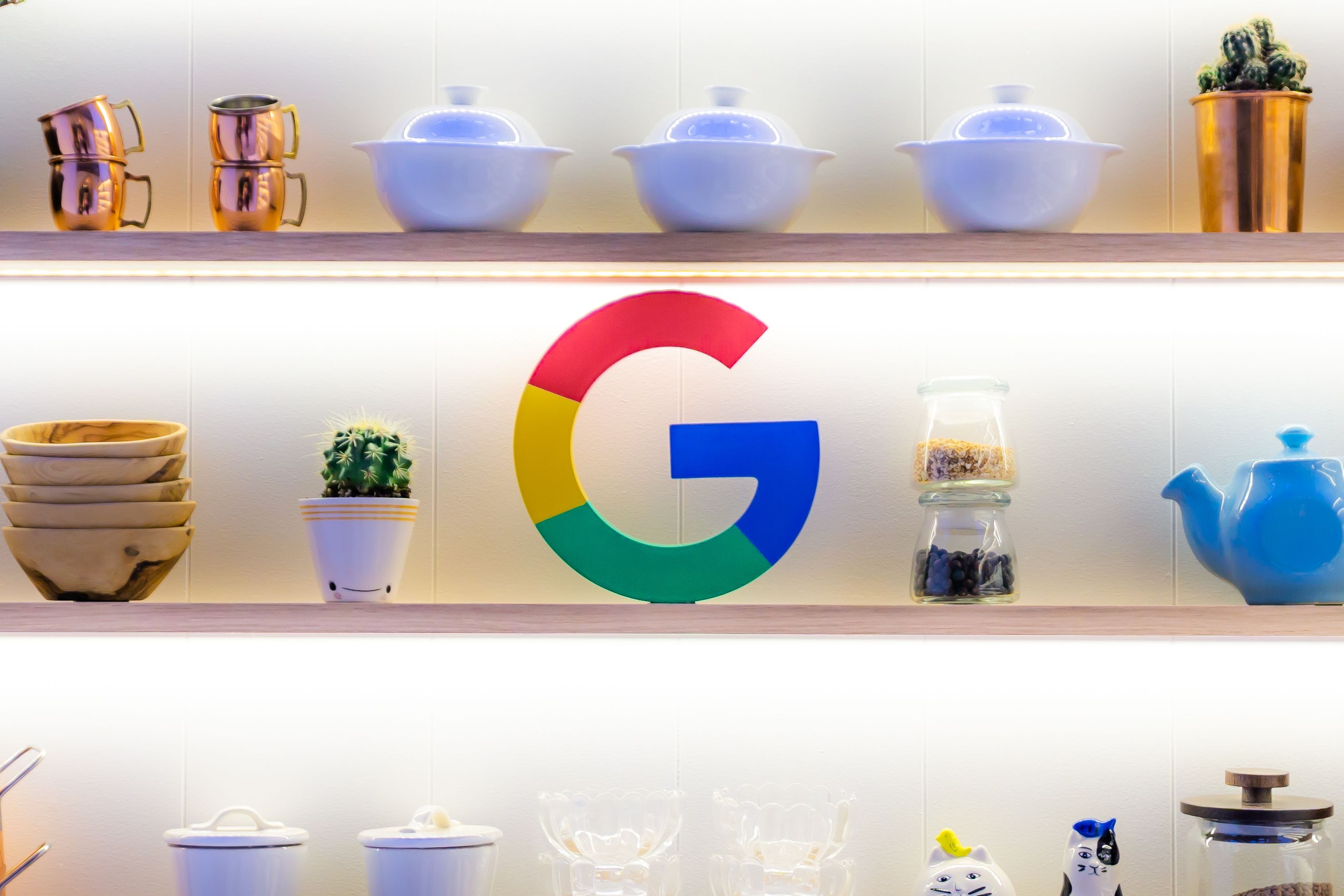Samsung phones can track your sleeping habits and even let you know if you're snoring, and according to a recent teardown, Google might be working on a similar feature for Android to track time spent snoring and coughing at night, though it's not clear where it might end up.
According to an APK teardown performed by 9to5Google, a recent version of the Google Health Studies app includes strings that indicate "cough and snore" algorithms are being developed within the context of Android for bedside sleep tracking. Other strings indicate the feature will use on-device processing to preserve user privacy for "nocturnal cough and snore monitoring," essentially spelling out the functionality in plain terms.
Sleep Sensing data gathered by the Nest Hub, including snoring and coughing details.
Google isn't starting from scratch with this either. The Nest Hub's Sleep Sensing feature can monitor if you are snoring or coughing — for free now, but as part of a paid subscription next year. Fitbit, which is owned by Google, also offers a feature called Snore & Noise Detect, which uses on-device microphones (and requires a paid subscription) to tell you how much of the time you spend asleep snoring. The Samsung Health app bundled with Samsung phones can monitor your snoring at night without any subscription. And the popular Sleep as Android app can't just track your snoring or other loud nighttime habits with a one-time purchase or subscription; it can even kick in anti-snore countermeasures. Google better be planning to bring some particularly unique (and free) functionality if the feature comes to Android to make a dent against such stiff competition.
On that note, it's not entirely clear based on the context of the teardown where the feature might end up being used. Another string from the teardown clarifies that the feature will come to some Android device in some form. Google might be planning to make this a Pixel-specific feature, or it could be bound for an app like Google Fit for general Android device use, or it could even be destined for some other Android-powered product.
Esper.io's Mishaal Rahman believes the feature could use the Ambient Context API added in Android 13, which might mean the Digital Wellbeing app could be the place the data surfaces.

